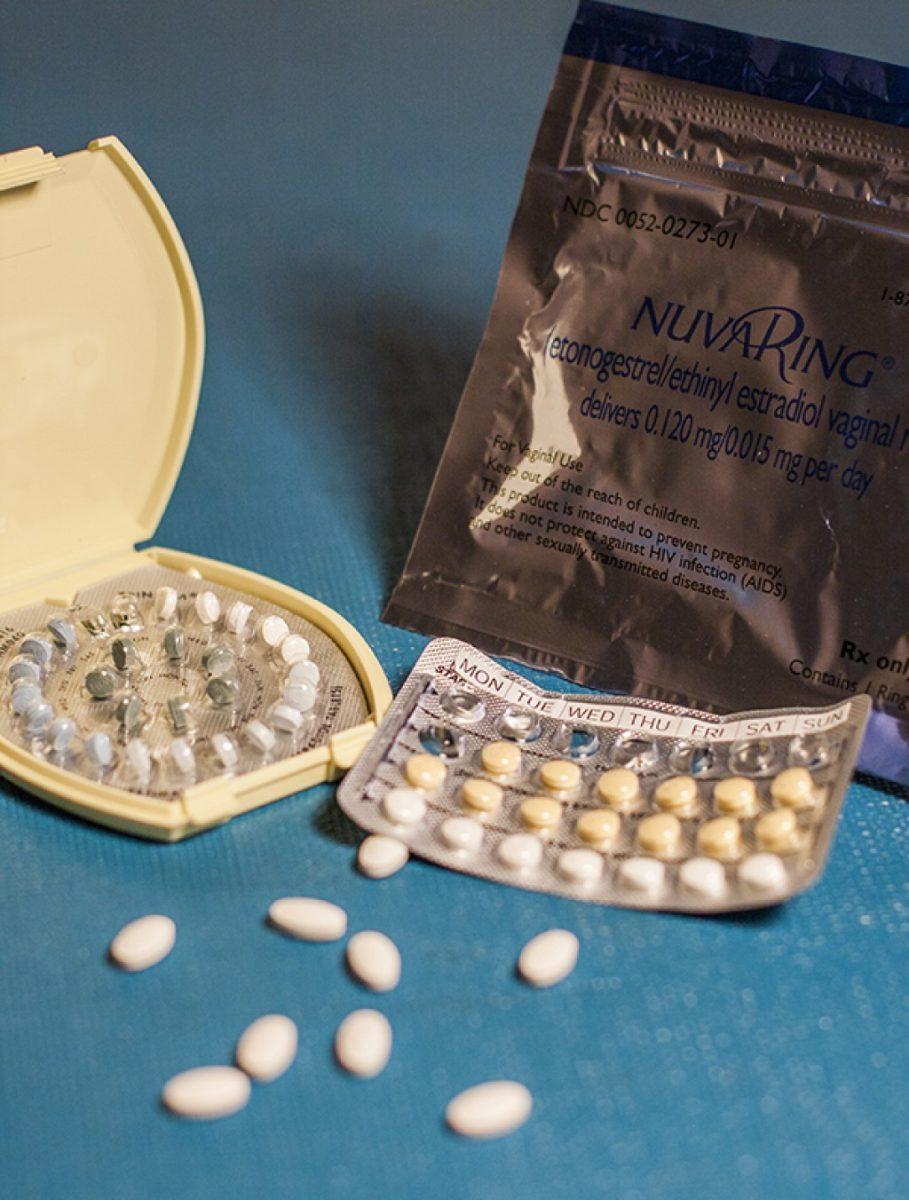Since women enrolled at Texas A&M just more than 50 years ago, A&M women’s health services has grown from a single visiting OB-GYN when women were first admitted, to a fully-staffed health clinic that can provide essentially any service a gynecologist office can.
A&M faculty and health officials now say the main obstacle in women’s health is awareness and outreach.
Director of Student Health Services Martha Dannenbaum said Beutel has offered services for women for as long as they were students at the university.
Dannenbaum said the services the Women’s Health Clinic offers have grown significantly over the past decade.
“There really was a limitation of what we could offer. We didn’t have an OB-GYN on staff, and there was a visiting one that came in and did procedural management of abnormal Pap smears one to two times a month, and maybe give an annual well-woman exam,” Dannenbaum said.
Dannenbaum said Student Health Services lacked the resources to provide women with more consistent, thorough care but has come a long way.
“Now, the Women’s Clinic can perform essentially anything that a routine gynecologist can,” Dannenbaum said. “Our staff can help consult women with things such as polycystic ovarian syndrome, hormone abnormalities and even help couples who are students who are having difficulty getting pregnant.”
Dannenbaum said the growth has enabled the clinic to provide female students with consultations of various women’s health concerns including the recommendation and prescription of birth control contraceptives.
The center now includes two specialist nurse practitioners, two specialist physicians and one family medicine doctor.
“Our staff is dedicated to provide education on all options of birth control,” Dannenbaum said. “All have experience with helping women to become aware of forms of birth control and have the knowledge to select a form.”
Dannenbaum said the forms of birth control discussed include natural family planning — a non-hormonal form of birth control that involves the monitor of a woman’s ovulation cycle — hormonal birth control pills, intrauterine devices or IUDs, nuvaring, Nexplanon — a hormonal implant inserted into one’s armpit — and depo provera — an injectable birth control.
Rhonda Rahn, assistant professor of health and kinesiology and professor of women’s health education, said of the forms of birth control, the most effective form is either the IUD or the depo provera shot. The most commonly used form is the oral contraceptive.
Dannenbaum said this common use can be attributed to patients’ familiarity with the product as well as its low cost.
At the Student Health Service’s pharmacy, women can purchase oral contraceptives for as little as $13 per month for certain brands of prescription contraception.
Kevin Randolph, chief pharmacist at the SHS Pharmacy, said the pharmacy tries to offer students the lowest prices possible for medications. Randolph said students are able to purchase lower-priced contraceptives because SHS does not seek as much profit as off-campus pharmacies. The operation and maintenance of SHS is maintained through student fees of $72.50 per semester.
Dannenbaum said these fees do not pay for any individual’s particular medicines or visits and only pay for the service’s operations and maintenance.
Though the SHS has low prices for contraceptives and a comfortable environment for women to obtain information and medical care, there are still factors that prevent women from seeking treatment or medical advice.
“Barriers such as privacy [are] also a factor that some women may face,” Rahn said. “Health is such a personal issue that some women just don’t trust healthcare providers.”
Dannenbaum said there are still women on campus who are unaware of the services that the SHS can provide.
“We have programs and informationals offered at the New Student Conference and other such sessions, but many people can tend to tune out unless it directly applies to them at that moment,” Dannenbaum said.
Rahn said one way the SHS could promote awareness of services is to reach out to faculty.
“Having been on the faculty side for three semesters now, I can honestly say I have heard nothing from the health center about their services.” Rahn said. “I think they could definitely advertise with the faculty more and then, hopefully, the faculty will inform their students.”
Women’s health clinic sees exponential growth over the past 50 years
February 8, 2015
0
Donate to The Battalion
$2065
$5000
Contributed
Our Goal
Your donation will support the student journalists of Texas A&M University - College Station. Your contribution will allow us to purchase equipment and cover our annual website hosting costs, in addition to paying freelance staffers for their work, travel costs for coverage and more!
More to Discover










